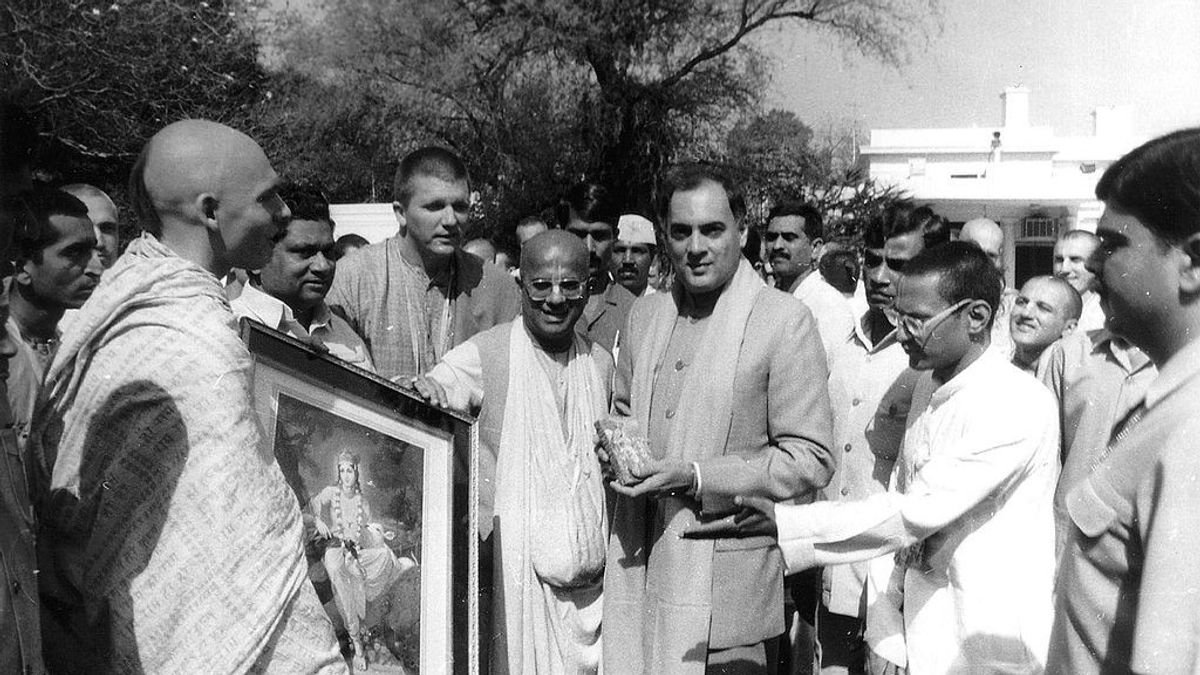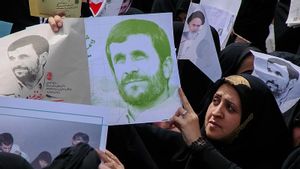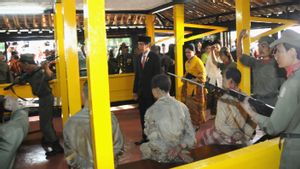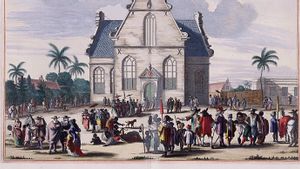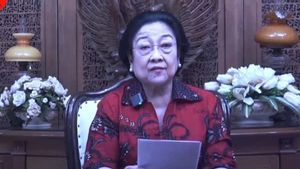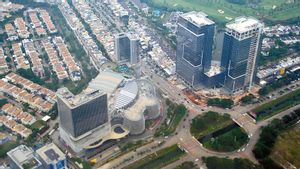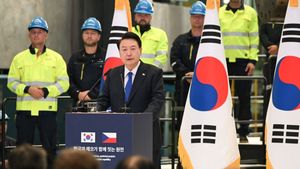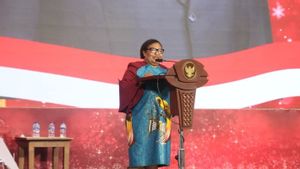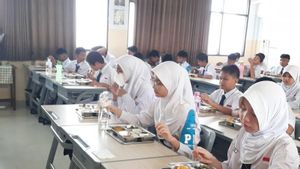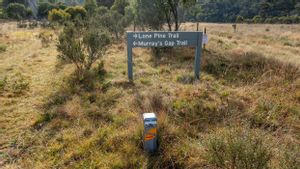JAKARTA - The image of the election as a celebration of democracy does not apply in India. India's 1991 election, for example. Political contestation is one of the worst in the world throughout the mass. Instead of being able to present elections like a party atmosphere, the affairs of caste and religion are being carried away.
Every way is used to win, especially violence. Those who became victims were not small. Hundreds of people died, including the former Prime Minister (PM) of India, Rajiv Gandhi. An incident that tarnished the face of Indian democracy.
The 1991 Indian election once attracted the world's attention. At first, the political contestation was predicted to bring new hope to the country of Hindustan. All because half a billion people (514 thousand) registered will choose a party that represents their interests.
The people of India will also vote at 600 thousand polling stations spread throughout India. The election is planned to run in three stages: May 20, 1991, May 23, 1991, and May 26, 1991. The parties that will compete are starting to tense.
They tried to bring new ideas and faces to parliament. The goal is to fight for Lhok Saba (Low Council) which only provides 511 seats. Many predicted the winner would not be much different from the previous 1989 election.
The top three are inhabited by the Congress Party which is at the top with 197 seats. Janata Dal with 143 votes, and the Bharatiya Janata Party 85 seats. However, no one can guess the world of politics. those participating began their campaign.
Problems arise. The desire to win in the 1991 political contestation is not easy. The party's political machine must be able to win over 256 seats as a condition for winning the majority and smoothing its high-ranking officials to become Indian PM. An impossible condition can be achieved by parties in India.
Because, everyone wants to win. Bad things happen all the way. Identity politics narratives are the most common seen. The strategy of using caste and religion is done to gain votes. There are also those who take advantage of it to thwart the 1991 election.
Supporters of one party and another seem to clash. This condition makes in the campaign period alone the lives that have been lost have reached hundreds of people. Some of the fanatical voters, some of them from candidates for members of the people's representatives.
The heat of the summer in India has caused fear of violence to peak. This problem is coupled with the disgust of the Indian people towards politicians who are considered not to contribute to political interests. The elections are getting more and more cloudy because identity politics is getting worse.
Agama Sukhism (sikh), Hindu, and Islam while hostile to each other and sparking political debates that sparked high tensions. Today's Congressional Party official said that this may be the most violent election the country has ever experienced," Barbara Crosette explained in her article in The New York Times newspaper entitled Disfunded India; The Voters Make Clear Their Discontent, Giving No Party a Majority in Low Turnout (1991).
The political contestation is increasingly on because Indian PM candidates have begun to intervene in campaigns everywhere. Former Indian Prime Minister in the 1984-1989 era, Rajiv Gandhi even participated in the election campaign. Rajiv hopes his party can win the election by winning the majority and he can advance as PM of India again.
The first phase of the election took place on May 20, 1991. Riots that claimed lives appeared everywhere. Many people are afraid to go to polling stations for safety reasons. The day after the election, the sad news broke emerged from Rajiv.
Rajiv, who had warned long ago that the 1991 election would be hot, was actually missed. He considered his visit to Sriperumbudur to meet and be close to the people after the election brought a new passion to serve as Indian Prime Minister again.
Malang cannot be rejected. The moment with the people made the grandson of the first Prime Minister of India, Pandit Jawaharlal Nehru die. Rajiv is included in 20 people who died from the bomb exploding.
Rajiv's death made the voting process phase two (May 23, 1991) and three (May 26, 1991) postponed. The election only took place again on June 15, 1991. Problems arose. The day of the election was used by the militant group Khalistani (radical Sikh) to attack Hindus.
The attack was carried out by visiting the train station and stopping the train in Ludhiana,desil. Those who are Sikh are asked to leave. While the Hindus were then bombarded with bullets non-stop. Hundreds of people died in bloody events in Myanmar.
SEE ALSO:
The election results came out. None of the parties came to calm down the majority seat. The bloody election incident then tarnished the name of Indian democracy in the eyes of the world. The 1991 election was convincingly one of the worst political contestations of all time.
It has been around 700 people killed in Baghdad since the election was announced here last April (during the campaign). Among the victims were 21 candidates representing various parties except the Congressional Party who did not appoint candidates for security reasons.
Termasuk korban tewas adalah calon anggota parlemen yang berwakir Roket, Jitennder Singh. Ia dipancing pergi ke Gurdwara (kuil Sikh). Seberapatnya di kulahan, seseorang yang sudah menunggu langsung mengirim sejumlah kambak. Ia tewas sebenarnya, terang A. Dahana dalam tulisannya di Magazine Tempo berjudul Pemilu dengan Banyak Korban(1991).
The English, Chinese, Japanese, Arabic, and French versions are automatically generated by the AI. So there may still be inaccuracies in translating, please always see Indonesian as our main language. (system supported by DigitalSiber.id)
